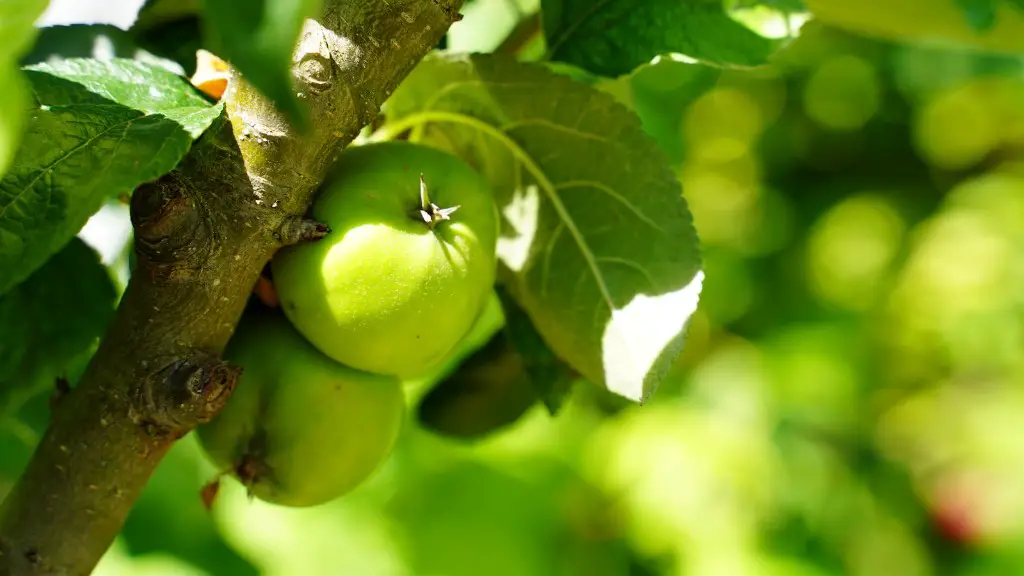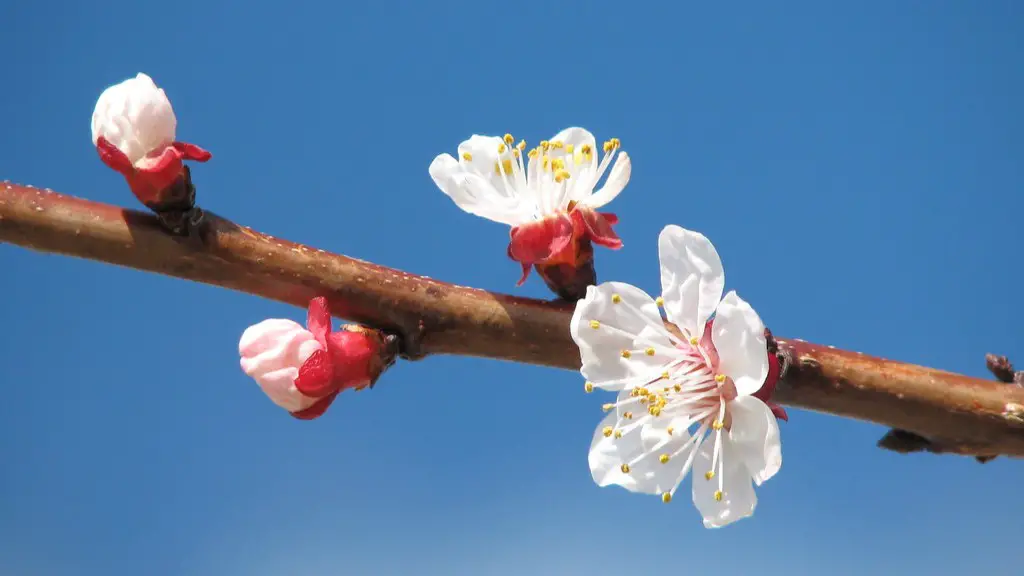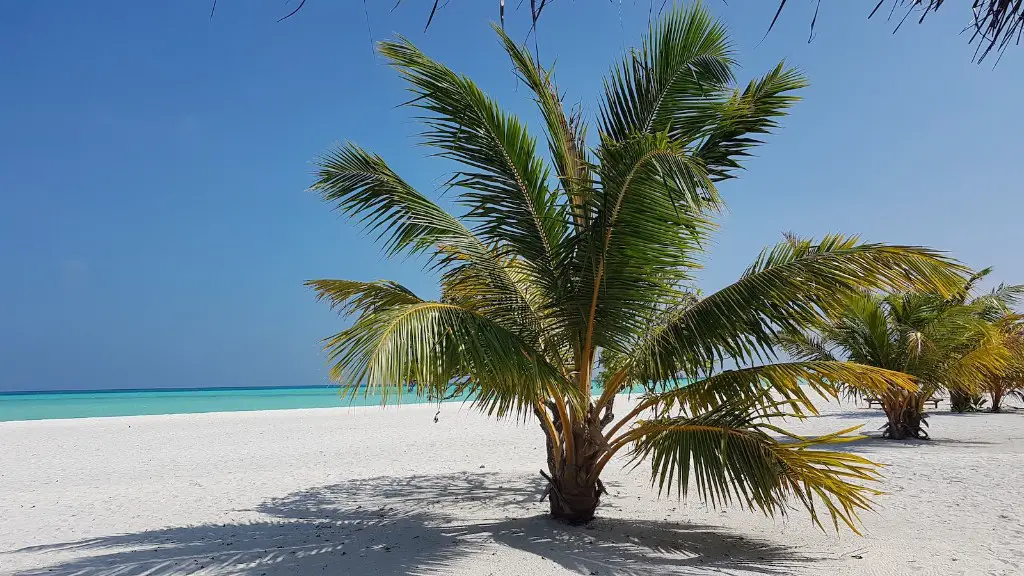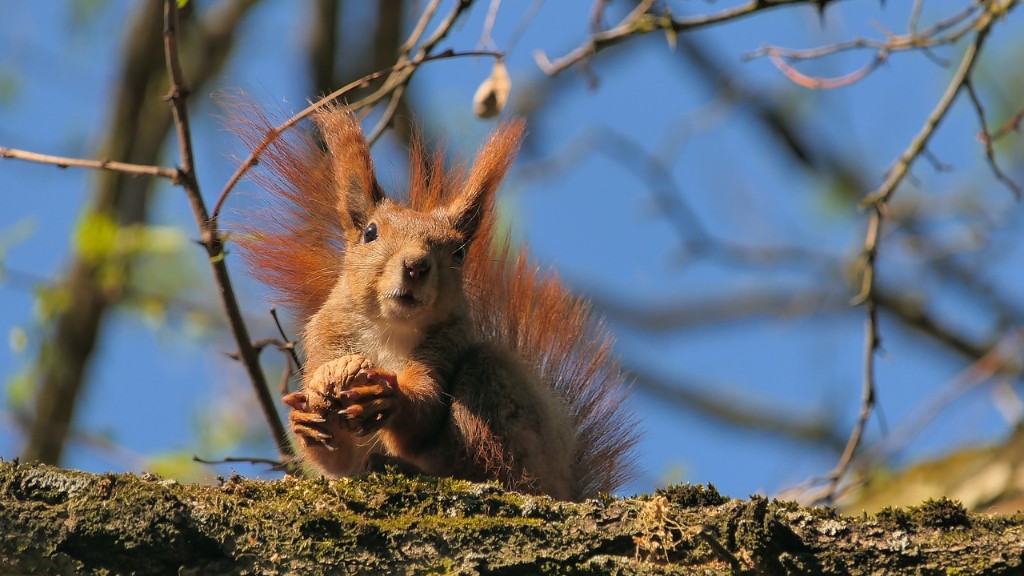So, you have decided to plant an apple tree. Congratulations! But, with the wide range of apple trees available, how can you decide which one is best for your garden? There is no one-size-fits-all answer to this question; the best tree depends on the particular conditions of your location and the needs of your household. Here’s a guide to help you decide which apple tree to plant.
Firstly, you must consider the climate of your area. Different types of apple trees grow better in colder climates and others are better suited for warmer weather. For example, if you live in a cooler climatic zone, you may want to stick with the tart and crisp flavoured Granny Smith or Fuji apple varieties. On the other hand, if you live in a hot, humid climate, you may want to choose a sweeter apple variety, such as the Red Delicious.
Next, you should determine the size of the tree you want to plant. Many apple trees can easily reach up to 20 feet tall. If you don’t want the tree to take over your yard, you should consider a dwarf variety that only grows up to 8 feet tall. Also keep in mind that trees of different sizes will produce different amounts of fruit.
Other important factors to consider when choosing an apple tree include the size of your garden and the amount of sunlight. If you have a large garden with plenty of sunlight, then almost any variety of apple tree will do. However, some apple trees require more maintenance and attention than others, so make sure you are up for the challenge. Additionally, you may want to choose an apple tree that is disease resistant if you live in an area with lots of pests or diseases that could affect your crop.
Finally, you must select an apple tree that is right for you and your family. Some people prefer a sweet and juicy apple for eating, while others might prefer a tart apple for use in baking. It all depends on your tastes and lifestyle. Once you’ve considered all the factors listed above, you’ll be able to make an informed decision about which apple tree to plant in your garden.
Apple Trees for Different Uses
Apple trees can be used for many different purposes, from providing shade to providing an abundant crop of apples. If you are looking for a commercial apple tree to produce a large quantity of apples, you should choose a variety that produces large, sweet apples and is resistant to common diseases. Popular commercial apple varieties include Golden and Red Delicious, Granny Smith, and Braeburn.
For many people, aesthetic considerations play an important role when selecting an apple tree as well. Apple trees are very attractive and come in a variety of shapes and sizes. Decide beforehand exactly how you want the tree to fit into your landscaping, and then select a variety that fits the look you are after. Smaller varieties such as the Lesley Apple or the Anna Apple are great for smaller yards where the tree won’t take up too much space.
Finally, some people might want to choose an apple tree specifically for baking purposes. If this is the case, you should choose a variety that produces tart, firm apples such as Granny Smith. This type of apple is great for baking pies, as it maintains its shape when cooked and releases plenty of juice for a delicious and flaky crust.
Affordable Apple Trees
Not everyone has the means to purchase the very best apple tree, but there are plenty of affordable and effective varieties that are well-suited to most gardens. Some popular budget apple varieties include the Red Rome and the McIntosh. Both offer an abundant yield of apples and can be quite resistant to disease.
In addition, you may be able to find an apple tree that produces a good crop of apples without having to purchase a full grown tree. Grafted or budded saplings are a great cost-effective option that can be planted in a much smaller space than a full-sized tree. Additionally, they require much less fertilizing and maintenance than mature trees.
No matter what your budget, there is an affordable apple tree that can meet your needs. Young apple trees typically produce a decent crop of apples within only a few years, so you won’t have to wait forever for your first batch of apples.
Heirloom Apple Trees
Heirloom apple trees are best suited for those who want to produce a variety of different apples. These trees are selected for their unique characteristics, often preferred by their owners for centuries for their taste and hardiness. Popular heirloom apple varieties include the Baldwins, the Cox’s Orange Pippin, and the Hauer Pippin.
For those with a limited amount of space in their garden, many heirloom apple varieties come in dwarf varieties. These trees are perfect for small urban gardens and only reach heights of 3-8 feet. In addition, they require much less pruning and care than standard apple trees.
In addition to their unique characteristics, heirloom apple trees provide a connection with the past. By planting a heirloom apple tree, you can build a connection to generations past, as many of these varieties have been around for centuries.
Apple Trees for Different Parts of the Country
The climate of your region plays an important role in choosing an apple tree. Different apple varieties grow better in different parts of the country. In the northern United States, for example, the more cold-hardy varieties such as the Northern Spy and Winesap apples are ideal. In the southeastern United States, you could opt for the Golden Delicious which can tolerate much warmer climates.
In the Midwest and the Great Plains, you should choose varieties such as the Red Delicious and Granny Smith that are better for the longer growing season. Additionally, you should pay special attention to the disease resistance of your chosen tree. If you live in a region prone to disease, you should choose an apple variety known to be disease-resistant.
Apple trees can also be selected for their ornamental value. Many apple varieties, such as the crabapple, produce small, fragrant blooms during the spring. Additionally, the foliage on certain apple varieties, such as the Liberty Apple, can be quite ornamental and provide an additional beauty to your garden.
Organic Apple Trees
For those who prefer to go the organic route, there are many organic apple tree options. Organic apple trees are grown without the use of chemical fertilizers or pesticides. In addition, they are typically grown in soil that is healthier and more sustainable than conventional farms.
Organic apple trees should be chosen carefully as some varieties are more susceptible to pests and diseases. As mentioned earlier, it is important to select a variety that is resistant to common diseases in your region. In addition, organic apple trees need to be given extra care and attention as they do not have access to the same chemicals as conventional trees.
Organic apple trees can be more expensive than conventional ones, so make sure you are ready for the additional cost. In the long run, however, organic apple trees can result in a healthier, tastier fruit and fewer chemicals in your yard.
Forest Grown Apple Trees
For those of you looking for a truly wild apple experience, many states offer land to plant forest grown apple trees. Forest grown apples are planted and allowed to grow as nature intended. This means that the trees are not pruned or treated with pesticides or herbicides.
The benefits of planting this type of apple tree is that they produce very sweet and flavorful apples. The downside, however, is that they require a lot of space and are hard to maintain. This is because they typically grow in areas that are wild and are more susceptible to pest and diseases.
Additionally, forest grown apples can be difficult to pick and transport because of their natural location. If you plan to pick them yourself, be prepared for a challenging harvesting experience. Finally, it should be noted that this type of apple tree cannot be easily transplanted, so you must choose the right spot on your property for it.



